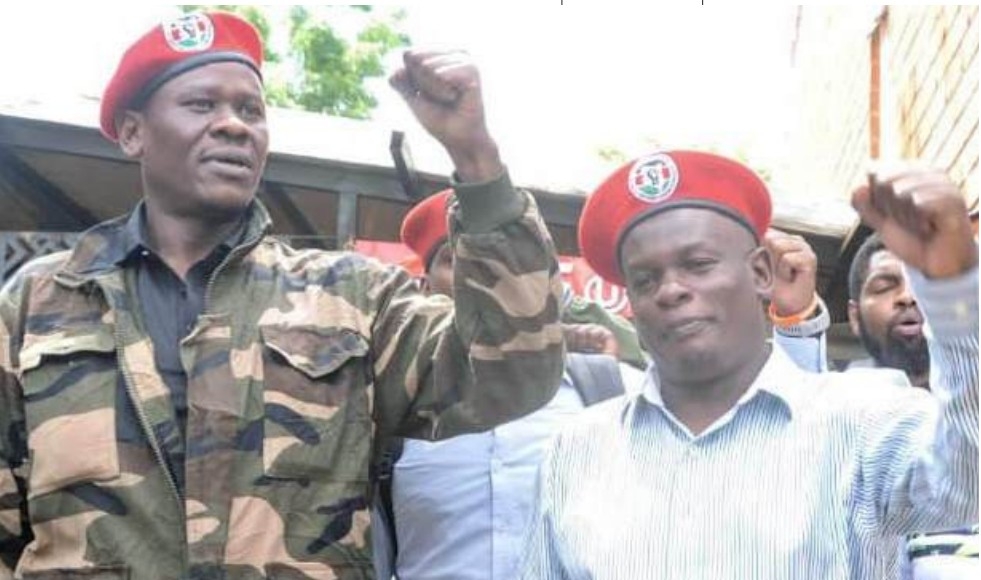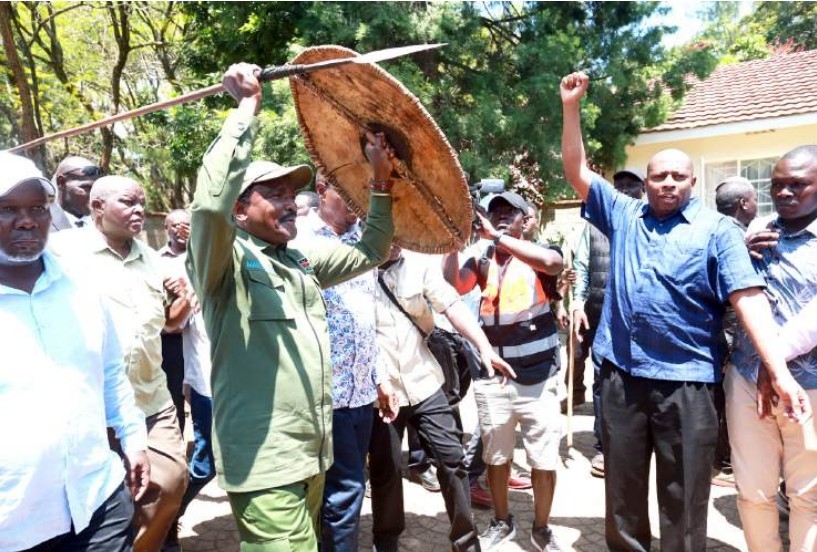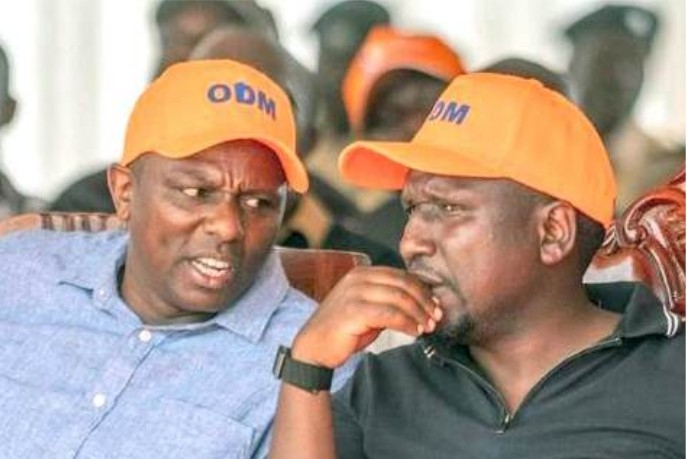The French presidential election is coming up in April, four months ahead of Kenya’s general election in August.
One unique feature of French democracy is that it is designed to produce a runoff between the first and second candidates, in what cynics and skeptics poke fun at as a choice between the “lesser of the two evils”
Another unique feature of the French presidential elections is that the Constitutional Council — the equivalent of the IEBC — will not clear any person as a presidential candidate if they have ever been charged with corruption, or have not filed proper records explaining their financial profile for public scrutiny.
Chapter Six of the 2010 Constitution was expected to yield similar prospects but interpretation by the Judiciary and enforcing compliance has been a mixed bag of outcomes.
President Uhuru Kenyatta and his Jubilee administration have for nine years undertaken a radical, long and tedious war against impunity associated with endemic corruption in public office.
More than any other sitting President in Kenya’s history, Uhuru has fired the highest number of ministers linked with corruption.
His administration has been most aggressive dragging the highest number of senior civil servants and parastatal chiefs to court over graft, confiscated unexplained assets and wealth and in terms of convictions.
In Kenya’s long fight against corruption in public office, there are clear signals emerging that show the tide has turned, and victory is nigh.
However the voters must remain vigilant to reject tainted leaders to consolidate what has been achieved.
Emerging evidence point to the fact that efforts have not been in vain and it is paying off.
A few highlights will suffice:
In October last year, a junior traffic police officer admitted corruption charges and made a plea bargain to forfeit some Sh26 million unexplained deposits in his bank account to the state in exchange for leniency.
A Harvard graduate and former head of a globally reputed human health institution was convicted and risks a life in jail over corruption-related charges.
In the same month, Kenya Wildlife Service announced, for the first time in 20 years, that no single rhino had been reported killed or poached for a year between September 2020-21.
Corruption and contempt for the law connects the trio from the humble cop on the beat, a Harvard PhD graduate, to the sworn bandit risking his life in the wild for wildlife trophies.
However, all of them ended behind bars facing charges and grieving on how to regain their civilian lives but at a very steep emotional and financial cost.
This progress in the war against corruption has been most consistent, unequivocal and unyielding of the Jubilee administration.
The unrelenting pressure for results from all multi -agency actors added much impetus resulting in a paradigm shift in the approaches of fighting white color crime.
The new paradigm shift inherent in the March 2021 ruling by Justice Mumbi Ngugi that shifted responsibility of proving culpability from prosecution to suspects being required to show how they amassed unexplained wealth literary pulled the rag from under the feet of barons of impunity.
Failure to account for how suspicious assets were acquired leads to these being deemed proceeds of crime marked for forfeiture to the state, a new and novel innovation for law enforcement.
Viewed against the cumulative deterrent impact these have on how society views and responds to corruption, new norms are being set in changing the narrative and message to those in power to continue business as usual at their own peril.
Suspected corruption kingpins have been captured on national TV grieving that their families and children were unable to meet their bills, including school fees, after their bank accounts were confiscated as proceeds of crime.
In civilised societies, corruption is manifestation of corroded and eroded human dignity and values.
A society falls into grave existential danger when a culture creeps in that results in tolerance of decadence of corruption than provoking outrage.
A society is as stable and secure as the things it does not tolerate, otherwise a revolving door norms where anything goes is recipe for anarchy.
Adoption of modern high-tech tools by digitisation of processes at the port of Mombasa since 2009 is bearing drastic results.
By the time Uhuru assumed power in 2013, some forms of impunity in public office were so ossified, some had given up any hope for change.
As a new Sheriff in town, the President took some drastic actions that sent a strong message it was no longer business as usual, while the international diplomatic standing for Kenya has continued to soar.
For instance, in May 2014, he personally supervised an unprecedented blow up of a multi-million shillings sea vessel that had been headed to dock in Mombasa with some 370 kilograms of narcotics worth some $11.7 million (Sh1 billion).
This sent a strong message to the narcotics traffickers: Their time was up and there would be no more games.
The implications are consequential in national security dimensions, and with long-term impact in protecting national institutions from corrosion and compromise.
In 2015, the President struck a heavy blow at the international human trafficking rings exporting Kenyan children to Europe and North America in the name of inter-country adoptions.
The Cabinet has since imposed a total and permanent ban on shipping out of Kenya children to foreign lands in the name of inter-country adoption.
Several such adoption orders granted by the High Court were reversed, and children retrieved and returned to their families.
The President has restored the dignity of Kenyans by asserting no one had a right to strip Kenyan children of their citizenship in the name of “poverty”, which is often cited to justify sending voiceless minor citizens to foreign countries.
The cost of war on corruption to the taxpayer is steep with budgetary allocations rising from Sh1.4 billion in 2013 to Sh3 billion in 2020.
These consequential actions have long lasting impact in Kenya and whose ramifications reverberate throughout Africa and beyond.
The latest rendition case to the US justice system put away a notorious poacher who nearly decimated Kenya wild elephant and rhino populations.
It is significant that a year after arrest and rendition of Abubakar Mansur Mohammed Surur to the US courts, the KWS reported drastic drop in the number of elephants and rhinos killed.
It would be naïve to forget corruption fights back and new innovations to by-pass the law are not being invented by the underworld daily.
However, the biggest weapon against impunity is leadership.
As they say the fish rots from the head.
To consolidate the war against corruption, the voter must reject corrupt and tainted leaders from the MCA level to those seeking the highest office in the land, the Presidency.
“WATCH: The latest videos from the Star”
















